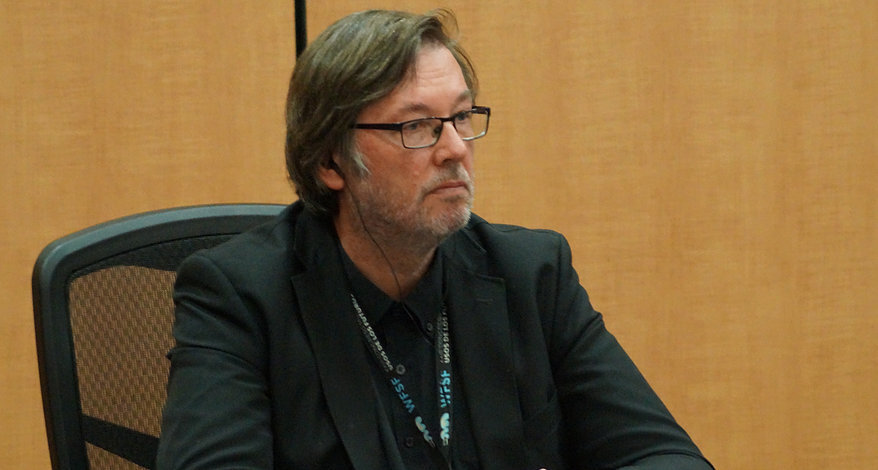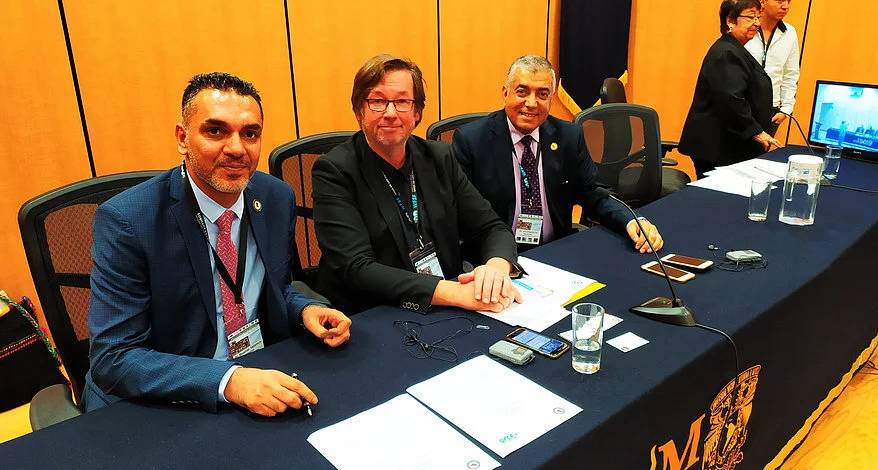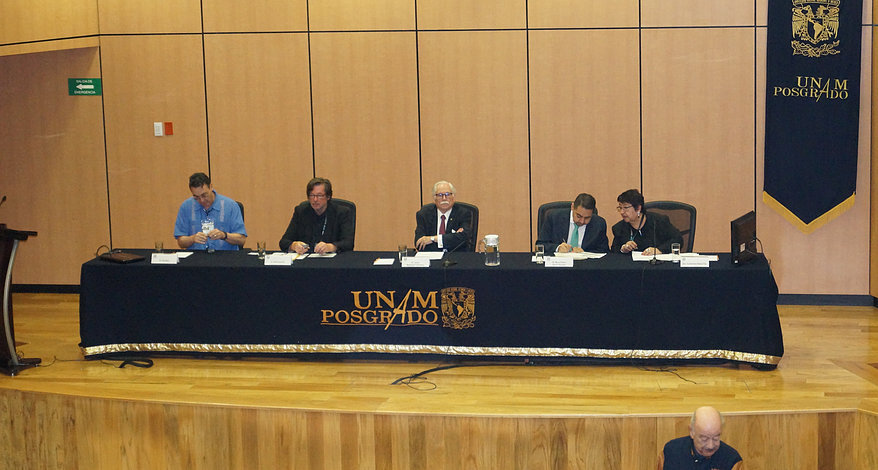Erik Overland is the President of the World Futures Study Federation and is an academic researcher based in Norway. He lead the Norway 2030 project in which he experienced working across international and knowledge disciplines. He has a strong Philosophical foundation to his futures research, especially Constructivism. He sees scenarios as a powerful aid to developing futures focused policy
Interviewed by: Peter Hayward
linkedin.com/in/erik-ferdinand-øverland-690a9635
Reference List
02:30 Mills, C. Wright (1959) "The Sociological Imagination", Oxford University Press
05:30 Norway2030 – Øverland, Erik F. (ed) (2000) "Norway 2030. Five Scenarios about the Futures of Public Sector", Cappelen Academic Publishing
08:00 About Action Research – Action research - Wikipedia
08:25 Robert Jungk – Robert Jungk - Wikipedia
09:15 About the relation between forecast and foresight – Neumann, I.B. and Øverland, E.F. (2004). „International relations and policy planning: the method of perspectivist scenario building“, International Studies Perspectives, Vol. 2004 No. 5, pp. 258-77.
11:40 "Is it possible to do research on what has not happened yet?" – Øverland, E.F. (2015) PhD FU-Berlin, Germany
12:36 "The semiotic Kant transformation" – From Kant to Peirce: The Semiotical Transformation of Transcendental Logic | SpringerLink
15:08 "The Openness of Futures" – XXIV WFSF World Conference – WORLD FUTURES STUDIES FEDERATION
16:05 "What is reality?" – Øverland, E.F. (2013)."Universal perspectivism: transcending "facta" and "futura" through foresight theory building", On the Horizon, Vol. 21 Iss: 1 pp. 39 - 45
17:05 About Sustainability and Nature – Øverland, Erik. F. (2000) "SUSTAINABILITY AND FUTURES. Moving beyond "The Natural" and "The Artificial"", Paper submitted to the "Symposium on the Futures of Sustainability and Institutions Addressing Sustainability" in Hangzhous May 21th-22nd 2021
19:00 About "The Artificial" and the "Natural" - Øverland, E.F. (2007). „Nature and not-nature. The biotechnologist’s contribution to the debate on what is ‘natural’ and what is ‘artificial’“, in Johne, B. and Øverland, E.F. (Eds), The Biotech Future. Scenarios from Norway, Cappelen Academic Press, Oslo.
22:20 About the relation between forecast and scenarios. The method of Perspectivist Scenariobuilding –Neumann, I.B. and Øverland, E.F. (2004). „International relations and policy planning: the method of perspectivist scenario building“, International Studies Perspectives, Vol. 2004 No. 5, pp. 258-77.
23:00 About the relation between scenariobuilding and decisionmaking – Neumann, I.B. and Øverland, E.F. (2004). „International relations and policy planning: the method of perspectivist scenario building“, International Studies Perspectives, Vol. 2004 No. 5, pp. 258-77.
33:00 About artificiality and naturality –Latour, B. (1999), Politiques de la nature, Editions La De ́couverte & Syros, Paris, (German edition: Das Parliament der Dinge, Suhrkamp 2001).
35:02 About "Universal Perspectivism" – Øverland, E.F. (2013)."Universal perspectivism: transcending "facta" and "futura" through foresight theory building", On the Horizon, Vol. 21 Iss: 1 pp. 39 - 45
36:00 About "Postism's" – ie "postindustrialism" - Bell, D. (1967). „Introduction“. In The Year 2000. A Framework for Speculation on the Next Thirty-Three Years, edited by H. Kahn and A. J. Wiener, pp. xxi–xxviii. New York, NY: Macmillan
38:40 Heissenberg's Uncertainty Principle – Uncertainty principle - Wikipedia
Additional literature:
Karlsen, J.E. and Øverland, E.F. (2010), CARPE FUTURUM. The Art of Foresight Management, Cappelen Damm Academic Press, Oslo, (Textbook 278 pp. in Norwegian language).
Taleb, N. (2007). The Black Swan: The Impact of the Highly Improbable, Random House




